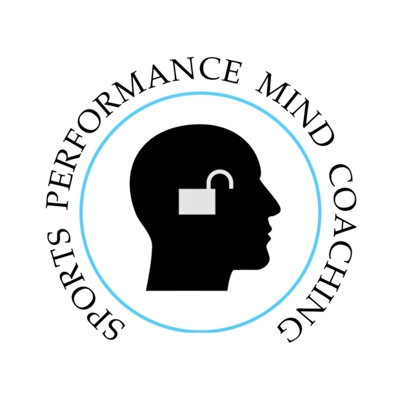Athletes need to focus on their mental game

Athletes need to focus on their mental game
Athletes' mental training, also known as mental preparation or the mind game, is the psychological side of sports. Training your mind is vital in enhancing an athletes overall performance and success.
We all know that physical training and skill development are essential in sports. Many athletes do not know, forget or choose to ignore that the mind is equally significant in determining one's ability to excel in a chosen sport.
Here are some reasons why athletes need to focus on their mental game.
Helping you achieve a balance between mind and body.
1. Performance Under Pressure: High-pressure situations such as competitions, team selections/tryouts, or championships, happen daily in sports. Training in Sports Performance Mind Coaching and Sports Hypnosis helps you stay focused and better manage your stress and performance when needed.
2. Confidence and Self-belief: Many athletes worldwide use mental training to enhance their confidence and self-belief. This has also been proven by research.
Believing in yourself and your abilities is critical for an athlete. Practising mental training skills leads to better performance in your sport, improved determination and the courage to accept life's challenges.
3. Focus and concentration: Focusing during training and competition is essential for success. Techniques learned in mental training help you improve your ability to concentrate, stay focused on the task at hand and avoid/reduce distractions.
4. Visualisation and goal-setting: You can use the power of your mind through mental imagery and visualisation techniques to rehearse successful performances in your mind. Goal-setting and visualisation help you stay motivated and help to create a roadmap for achieving your objectives.
5. Resilience and coping with setbacks: Sports are often unpredictable and anything can happen. Athletes frequently face disappointment, setbacks and other less-than-positive outcomes in sports. Learning and practising these mental training skills is a beneficial and positive way to help you develop resilience, recover from a loss or another sporting disappointment and maintain a positive mindset.
6. Managing Your Emotions: Sports bring out many emotions in athletes, such as excitement, frustration, fear, anger or anxiety. Managing your emotions and feelings can prevent them from negatively impacting your performance.
7. Team Dynamics: Mental training benefits individual athletes and helps improve team dynamics. When athletes are mentally prepared and supportive of each other it leads to better communication, understanding and teamwork. Mental training helps to enhance the possibility of a positive outcome for the team and everyone's enjoyment of the sport
8. Recovery from Injury: Using mental training skills has been proven to be very effective in aiding injury recovery, helping athletes maintain a positive outlook, better rehabilitation and visualising a positive return to the sport.
9. Reducing performance anxiety: Many athletes experience performance anxiety which can hinder their abilities. As a child, I suffered from this and although I loved my sport, I would go to pieces in competitions. Mental training techniques can reduce anxiety, allow athletes to perform better and help them get into their "flow."
10. Lifelong skills: The Mental skills learned in sports and developing a favourable sports mindset will serve you well in various aspects of your life outside of sports. What you learn through having the right attitude and perspective as an athlete will serve you well throughout life.
As a former competitive Judoka and a martial arts instructor since the mid-1980s, I understand the importance of focusing on the mental aspects of development that complement an athletes physical training.
Sports Performance Mind Coaching & Sports Hypnosis provide a beneficial and comprehensive approach to helping you improve performance and maximise your potential.
